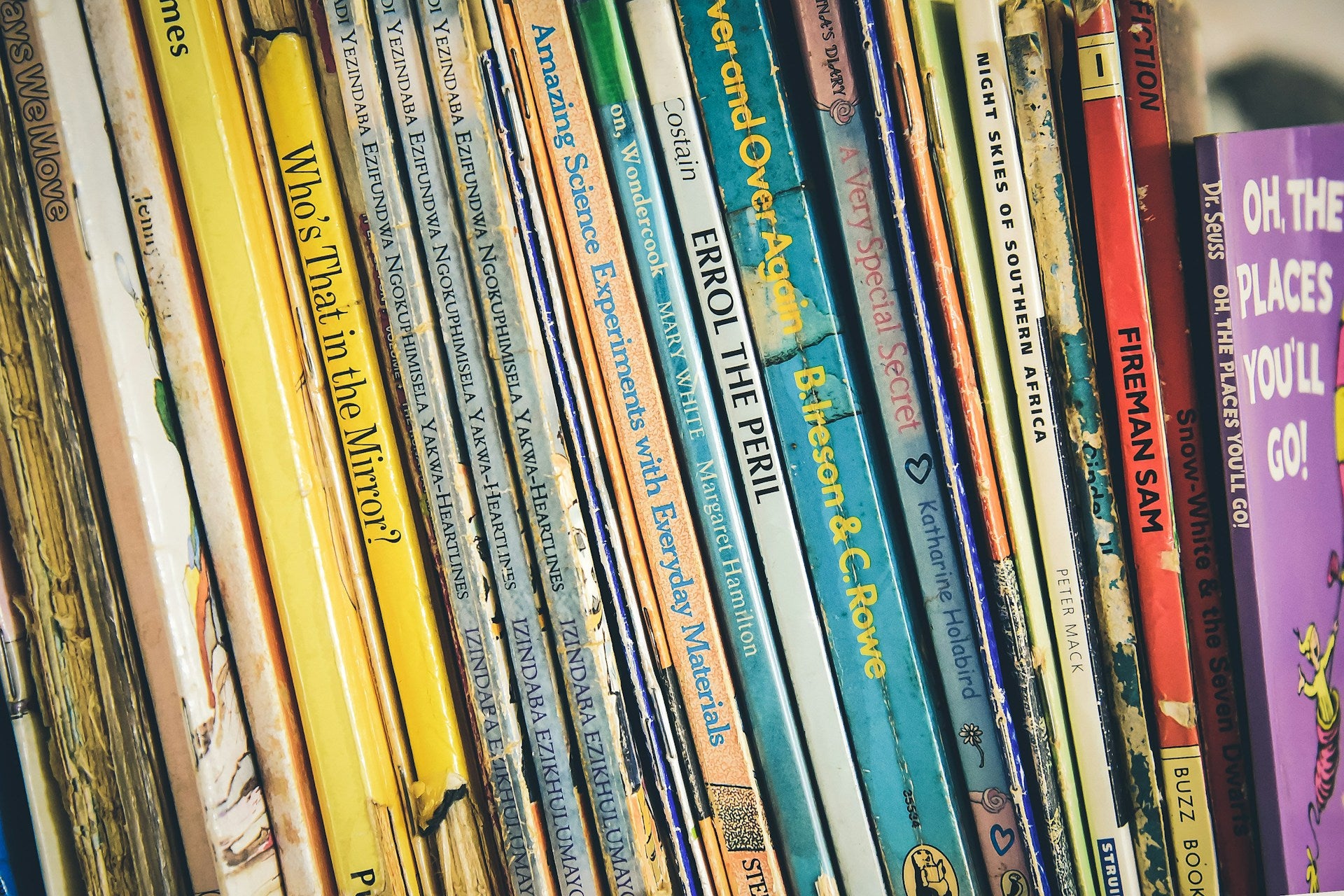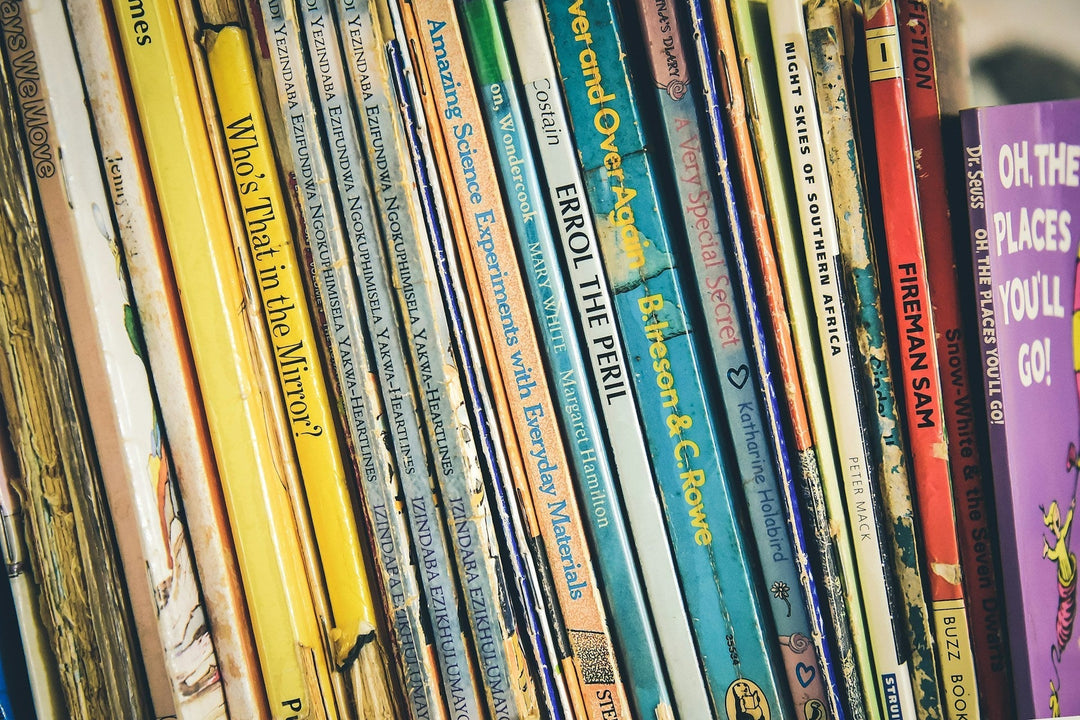
Books To Help Children Understand The Loss of a Sibling
The loss of a child is an unimaginably difficult experience for anyone to walk through. Parents with surviving children have a lot of hard conversations that will persist throughout their child’s lifetime about grief and death. There are so many wonderful book options that can help conceptualize death, grief, and the spirit of a loved one that can be helpful to children of any age. These books may even help the parents who are also navigating grief. In this blog, we will offer ideas for how to comfort grieving children as well as provide some specific books and memorial keepsake gifts that can help guide children through the process of understanding death.
How To Comfort Grieving Children
Grief is messy, hard and complicated. It can make you laugh when you thought you’d cry and it can make you cry when you expected to laugh. For children, all of those emotions are compounded. Think about it: we grown-ups are still learning to identify our feelings and react in healthy ways and we’ve had decades of practice! Comforting a grieving child is a delicate process that requires patience, openness, consistency, and emotional support. Children experience grief differently than adults, and their understanding of death will depend on their age. Check out this blog for additional ways to support grieving kiddos. Here are some helpful ways to support children grieving the loss of a sibling or any close loved one:
Be honest
- Obviously adjust based on age-appropriateness but use clear simple language. Children think in more black and white terms so say “died” instead of “passed away” or “no longer here.”
- As hard as the truth is, don’t pretend things are fine. Acknowledge how hard this is and the pain they are feeling.
- Avoid the temptation to have an answer for every question. A simple “I don’t know” is okay.
Allow Them To Express Their Feelings
- No one wants to be told how to feel. Make sure they know it’s okay to feel sad, angry, scared, and confused. It’s also important to remind them they can feel happy if something good happens to them. They don’t need to feel guilty for smiling.
- Think of creative ways to allow them to share their feelings whether that’s through drawing, words, playing or storytelling. A feelings chart might be helpful too!
- This applies for adults too but don’t feel the need to “fix” their grief. Sit with them in it. This is a great video for how to do that with insight from Brene Brown!
Provide Consistency and Compassion
- Kids thrive in routine. Try and keep as close to a familiar rhythm as possible to offer security and predictability.
- Give lots of extra snuggles, hugs and words of affirmation. Let them know they are loved and safe.
- Reassure them that more loved ones won’t die and they weren’t responsible for the death that occurred.
Children’s Books About Grief
As we mentioned, it’s important to help your child express their feelings. There are lots of books on death and grief for kids. Reading books and telling stories or looking at pictures of the person who died can help kids express their feelings. Also, make sure you are expressing your own sadness and sharing your own feelings to help model good communication. The Children’s Hospital of Philadelphia offers some book suggestions for grieving kids:
Ben’s Flying Flowers was written by a clinical Psychologist whose specialty is in counseling children and parents. This one speaks directly to losing a sibling. From the publisher: “This book beautifully characterizes a child’s common emotional reactions when a sibling dies and pays specific attention to the child’s experience by way of explanation, imagery, and healing messages. Emily learns that expressing her feelings and asking questions about Ben’s death can be helpful, as can doing normal everyday activities. She comes to understand that remembering happier times with Ben soothes sad feelings and provides much comfort to her and her parents.”
The Fall of Freddie the Leaf is a “beloved classic from New York Times bestselling author Leo Buscaglia that has helped thousands of children and adults come to grips with life and death—a warm, wonderfully wise, and strikingly simple story about a leaf named Freddie.”
The Goodbye Book from “New York Times bestselling author Todd Parr comes this poignant and reassuring story about loss. Through the lens of a pet fish who has lost its companion, The Goodbye Book tells a touching and hopeful story about saying goodbye to someone you love. Addressing the host of emotions children experience, Todd reminds readers that it’s okay not to know all the answers, and that someone will always be there to support them.”
How I Feel: A Grief Journal For Kids is a great resource that includes guided prompts for kids ages 8-12 to help work through their feelings and process their loss.
There are numerous other good options out there so make sure to find what works for the child in your life grieving and don’t be afraid to offer multiple options. Check out resources from your local library as well!
Memorial Gifts To Help Them Remember
In addition to books, consider choosing a memorial keepsake to honor the life of their passed sibling. You could select a stuffed animal that reminds them of their sibling and can become a snuggle companion. Laurelbox has beautiful custom jewelry like an initial charm that could be put on a shorter necklace for a child. As the holidays approach, consider choosing a special custom ornament with their sibling’s name as a way to include them in the season. The personalized remembrance tree is the perfect size for a child’s room as a way to honor their sibling. The custom memorial suncatcher and rainbow maker would also be a keepsake that could remind them their light will forever remain.
Keepsakes
Conclusion
We hope this blog provided practical ways to support grieving children in your life. From helpful tips to specific book resources, we want surviving children to understand they matter and their grief is important and should be acknowledged. It’s our responsibility as caregivers and loved ones to help children cope with the loss of a sibling or relative. Family grief is a difficult topic but shouldn’t be avoided or pushed aside. Consider reaching out to a licensed grief counselor or family therapist if you feel the grieving child could benefit from professional help.
LANNA BRITT
Lanna Britt was a national news producer in Washington DC for nearly a decade covering politics, breaking news and current events. She now lives with her husband and three children in Richmond VA. She has two sweet babies she’ll meet again in heaven.

































